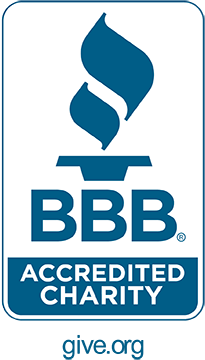Gender Equality and Social Inclusion (GESI) is an essential process of change that overcomes barriers that prevent the most vulnerable children and adults from achieving their full potential. At World Vision, we seek to increase access to health, education, water, child protection, and livelihoods for the most vulnerable children and their families throughout the world so they can enjoy life in all its fullness. We empower vulnerable adults and children to fully participate in social, economic, and political processes. We promote equal decision-making and transform systems — the formal (such as laws and markets) and informal (e.g., customary)—and create an enabling environment for more sustainable change.
We promote gender equality and social inclusion together because people are defined by many different social factors, not only gender. Other social factors vary according to context, including ethnicity, religion, disability, age, health (e.g., HIV status), socio-economic status nationality and migrant status. World Vision’s GESI work is guided by our GESI Approach and Theory of Change and implementation guided by a GESI design, monitoring and evaluation (DME) toolkit, sector-specific reference guides and staff training for both development and emergency contexts. Our programs address five GESI domains of change —access, participation, decision-making, systems, and well-being which support agency, transformation and empowerment.





